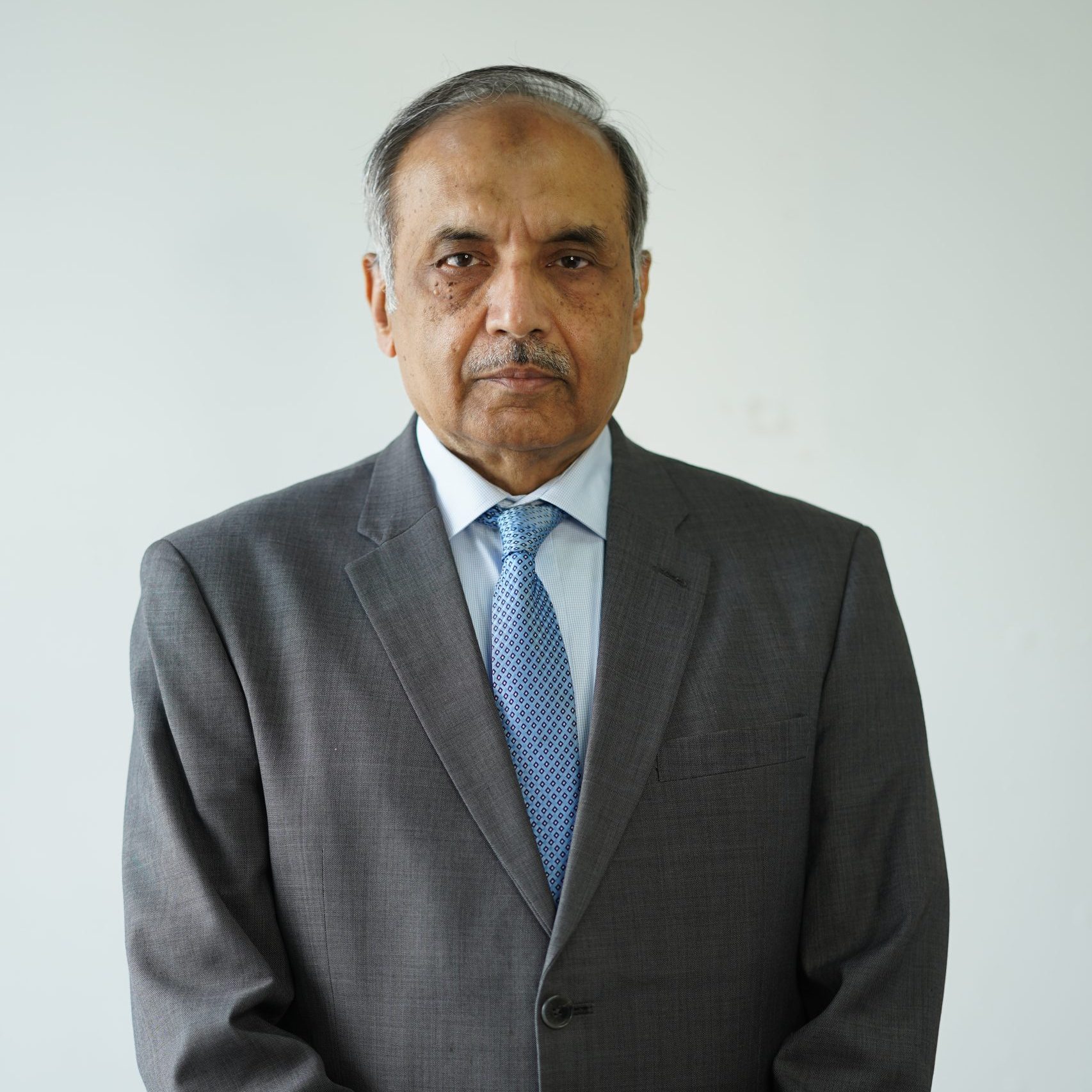The Vascular Surgery Department at our institution specializes in the diagnosis and treatment of conditions affecting the vascular system, including arteries, veins, and lymphatic vessels. Our team of vascular surgeons, interventional radiologists, vascular technologists, and support staff is dedicated to providing comprehensive care for patients with vascular diseases and disorders.
Services:
The Vascular Surgery Department offers diagnosis and treatment for conditions affecting arteries, veins, and lymphatics. Services include diagnostic testing, minimally invasive and open surgical procedures, wound care, amputation prevention, vascular access, patient education, and research collaboration.
Our Doctors
Dr. Tahir Hussain
Consultant General SurgeryDr. Naveed Ashfaq
Consultant General SurgeryFAQs
What is vascular surgery?
Vascular surgery is a specialty focused on the diagnosis and treatment of conditions affecting the blood vessels, including arteries, veins, and lymphatics.
What conditions does a vascular surgeon treat?
Vascular surgeons treat a wide range of conditions, including peripheral artery disease (PAD), deep vein thrombosis (DVT), varicose veins, aneurysms, carotid artery disease, and diabetic foot ulcers.
What are the common procedures performed by vascular surgeons?
Common procedures include angioplasty, stenting, bypass grafting, aneurysm repair, thrombectomy, and vascular access procedures for dialysis.
What are the symptoms of vascular disease?
Symptoms may vary depending on the specific condition but can include leg pain or cramping, swelling, skin discoloration, non-healing wounds, numbness or weakness in limbs, and symptoms of stroke or heart attack.
How is vascular disease diagnosed?
Diagnosis typically involves a combination of physical examination, imaging tests such as ultrasound, CT scans, MRIs, and angiography, and sometimes specialized vascular function tests.
What are the risk factors for vascular disease?
Risk factors include smoking, high blood pressure, high cholesterol, diabetes, obesity, sedentary lifestyle, family history of vascular disease, and advancing age.
Can vascular disease be prevented?
Yes, lifestyle modifications such as regular exercise, maintaining a healthy weight, smoking cessation, controlling blood pressure and cholesterol, and managing diabetes can help prevent or reduce the risk of vascular disease.
When should I see a vascular surgeon?
You should consider seeing a vascular surgeon if you experience symptoms such as leg pain, swelling, non-healing wounds, or if you have risk factors for vascular disease and want to discuss preventive measures.
What should I expect during a consultation with a vascular surgeon?
During a consultation, the surgeon will review your medical history, perform a physical examination, and may order diagnostic tests to evaluate your vascular health. They will then discuss treatment options tailored to your specific condition.
Is vascular surgery covered by insurance?
In most cases, vascular surgery procedures are covered by health insurance, but coverage may vary depending on your specific insurance plan and the type of procedure needed. It's advisable to check with your insurance provider for details on coverage.





